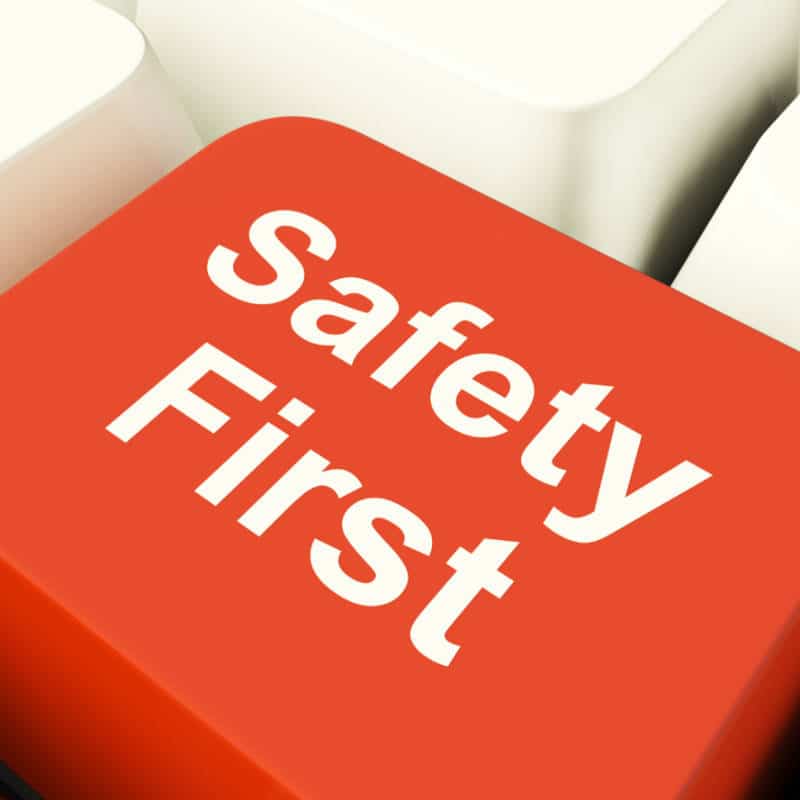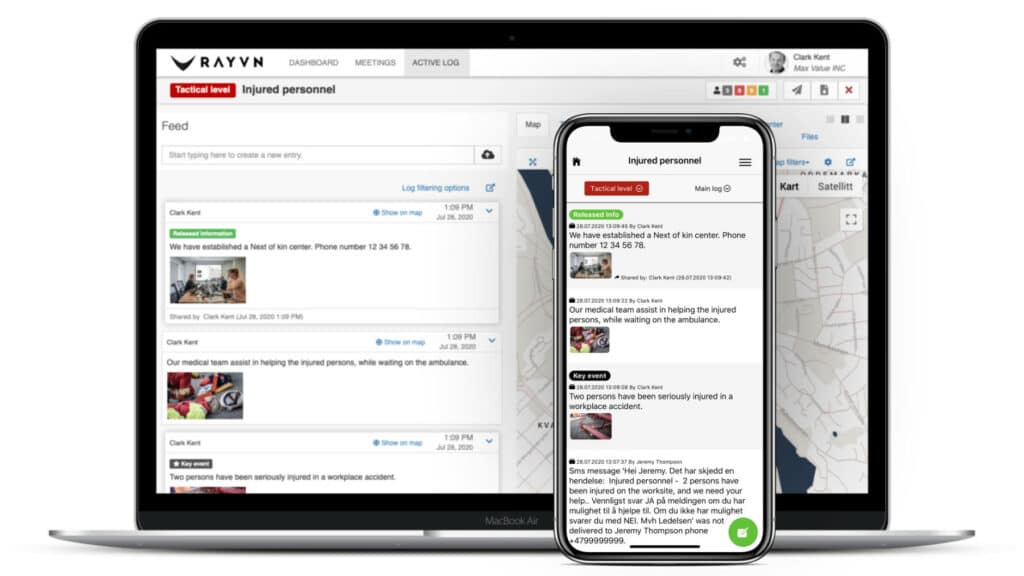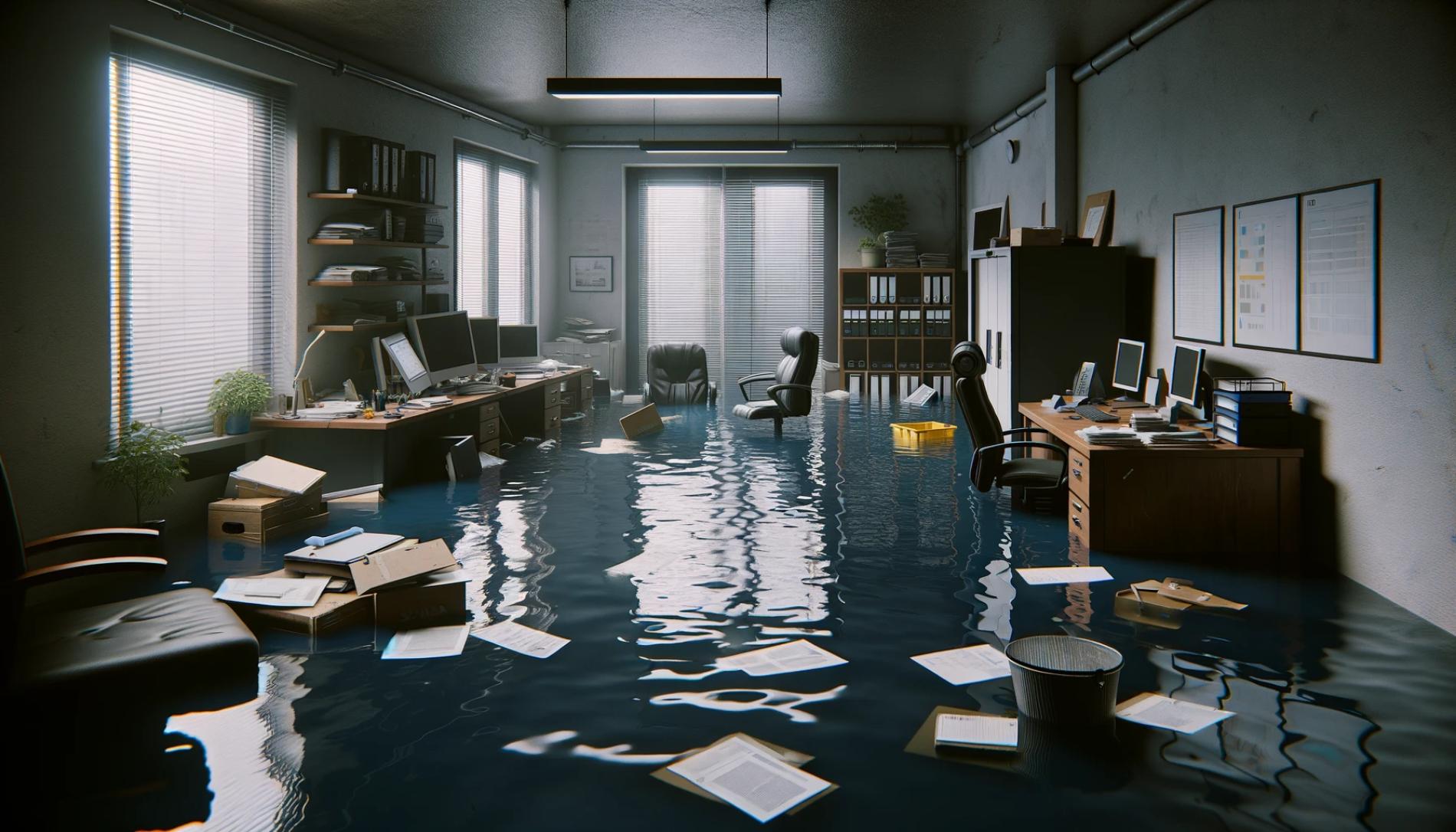 In recent years, the world has witnessed an accelerating growth in renewable energy resource deployment, including solar and wind natural originates. Without harming the planet, renewable energy sources could generate clean power such as electricity without carbon emissions. In addition to the benefits of protecting the earth from the ‘dirty’ fossil emissions, renewable energy generates efficient and cost-effective power.
In recent years, the world has witnessed an accelerating growth in renewable energy resource deployment, including solar and wind natural originates. Without harming the planet, renewable energy sources could generate clean power such as electricity without carbon emissions. In addition to the benefits of protecting the earth from the ‘dirty’ fossil emissions, renewable energy generates efficient and cost-effective power.
Every industry comes with considerable risks, and the renewable energy sector is no exception. Research has shown the emphasis on safety and the importance of training has increased in priority. Evaluating potential hazards in the renewable energy industry is extremely important to the personnel and assets' security. Awareness of potential risks is not always communicated to the workers until after an incident has occurred.
With the increasing demands by people and government to adopt renewable energy come higher risks. For instance, personnel working on maintaining the renewable energy infrastructures or those who work in constructing the power plants are at risk of injuries. Workers, especially those who work outdoors or in hot indoor conditions, are at increased risk of heat stress and occupational injuries. In respect of that, this encourages creating training programs and even exercises to raise awareness and enhance operational safety. Moreover, risks are limited to personnel and the environment where failures are of high probability to happen. Therefore, safety supervisors must begin standardizing procedures as training, evaluating potential risks, establishing a safety culture, and implementing automated and smart crisis management tools.
Building a culture of safety
Building a culture that focuses on safety is a powerful way to ensure that every individual at every level takes responsibility for workplace safety. When it comes to a workplace safety culture, you need more than a traditional safety training program that provides instruction on using tools or following specific procedures. You need an integrated critical event management platform that offers prompt responses in real-time, predefined, and engages key external stakeholders, instructs your personnel to simulate and exercise potential threats to create and sustain a strong culture of safety. The provided automatic documentation by such smart platforms can automatically document events handling for further evaluation and improvements, which will boost crisis response teams’ preparedness.
Your critical event management platform will prepare your team and equip them with the needed confidence to confront and handle any critical event whenever it hits.

Roadmap to success
It's crucial to consider adapting a digital solution that enhances emergency preparedness. For example, facilitate information sharing and real-time notifications between your personnel and other key external stakeholders like technicians, insurance firms, neighboring companies, the public sector, etc. It is paramount for safety supervisors to build a linkage that involves qualified technicians and other related stakeholders who can easily communicate, share information, and promote efficient handling of a critical situation. The standardization of an enhanced training program supported by a critical event management tool gives safety and risk supervisors/operators a path to achieve appropriate safety competencies across the renewable energy sector.
Looking forward
 The renewable energy sector has a unique set of critical events, making it essential to combine risk awareness with efficient responses to keep people and assets as safe as possible while renewable energy continues moving forward. Standardized safety procedures can enhance critical situations’ predictability and facilitate the transfer of lessons learned across the crisis-simulated exercises. Going with a set of measurements will help reduce costs and incidents' downtime because of the prompt real-time responses. Boosting workplace safety could be much more enhanced when all key stakeholders work together to demonstrate their commitment to creating a new safety mindset where everyone will be engaged in improving safety in all areas.
The renewable energy sector has a unique set of critical events, making it essential to combine risk awareness with efficient responses to keep people and assets as safe as possible while renewable energy continues moving forward. Standardized safety procedures can enhance critical situations’ predictability and facilitate the transfer of lessons learned across the crisis-simulated exercises. Going with a set of measurements will help reduce costs and incidents' downtime because of the prompt real-time responses. Boosting workplace safety could be much more enhanced when all key stakeholders work together to demonstrate their commitment to creating a new safety mindset where everyone will be engaged in improving safety in all areas.Take your safety to the next level
It’s time to improve your workplace safety and take special care to manage it effectively. Critical event management tools such as the RAYVN platform provide the most effective tool for managing any type of incident within the renewable energy sector. RAYVN allows you to :
- Notify and engage external and internal stakeholders in critical event handling
- Real-time communication with key stakeholders
- Manage and assign tasks
- Send valuable information to your entire line of service
- Train and simulate critical event handling
- Automatic documentation and reporting
- Monitor the position of your resources
- Review data and statistics
Your 14-day RAYVN free trial!
Test RAYVN and all its features in your organization
Simple sign-up process. You will not need to enter a credit card to sign-up for the trial.
Our support team is here to help you if you have any questions.




